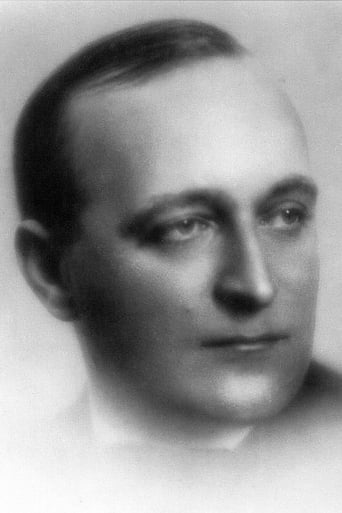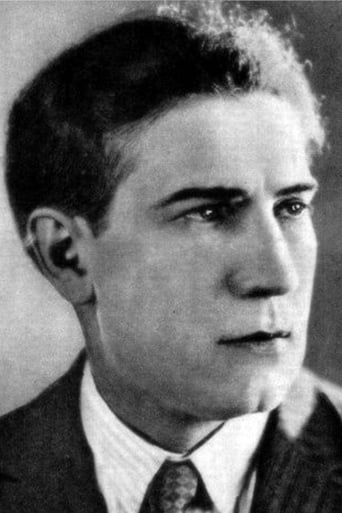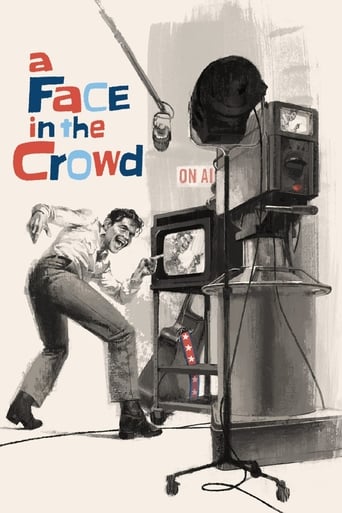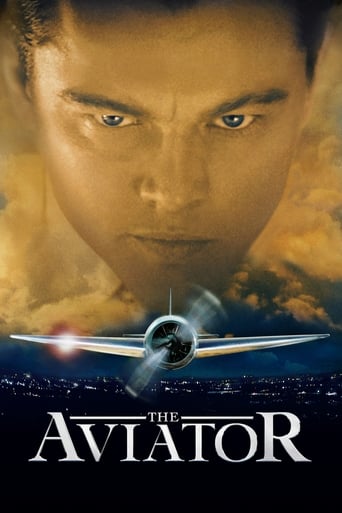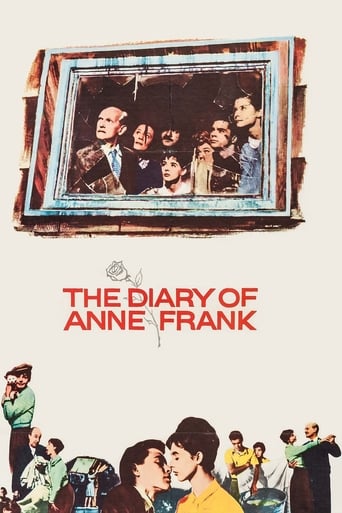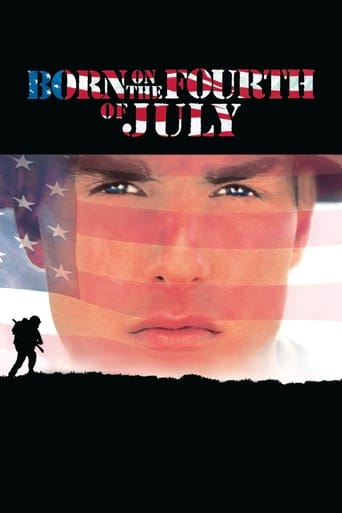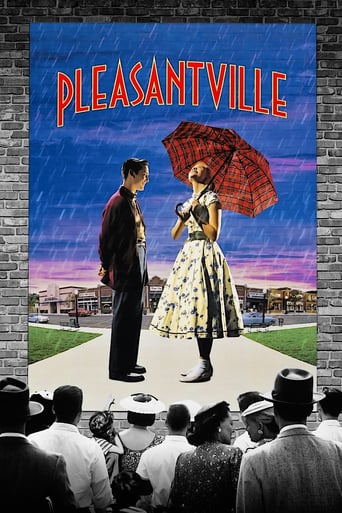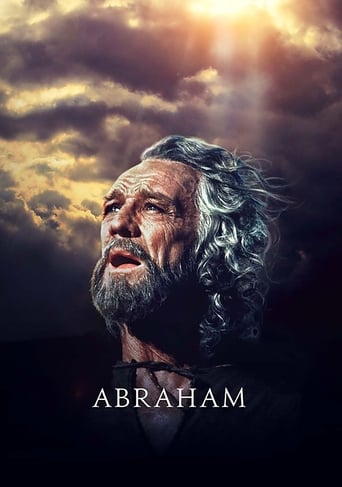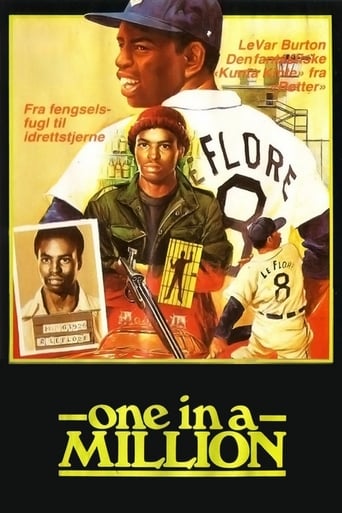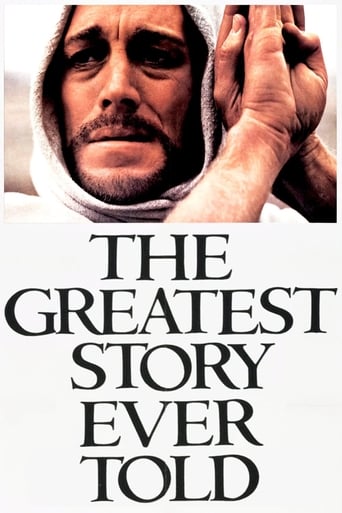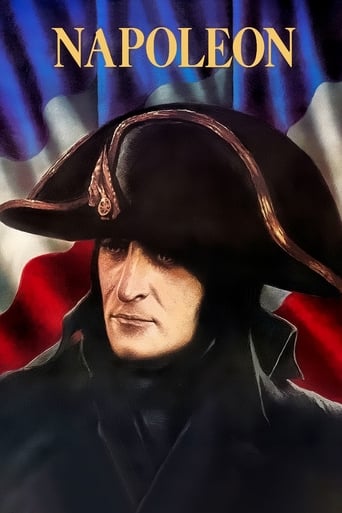
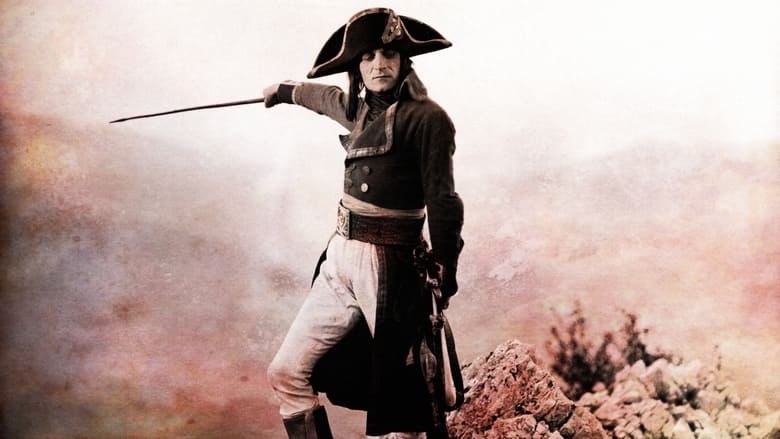
Napoléon (1927)
A biopic of Napoleon Bonaparte, tracing the Corsican's career from his schooldays (where a snowball fight is staged like a military campaign) to his flight from Corsica, through the French Revolution (where a real storm is intercut with a political storm) and the Terror, culminating in his triumphant invasion of Italy in 1797.
Watch Trailer
Cast


Similar titles
Reviews
I feel fortunate that tickets were available at the last minute and I was able to see the Kevin Brownlaw 5 1/2 hr restoration of Abel Gance's "Napoleon". The hype after the first weekend's performances made it irresistible. The film was accompanied by the Carl Davis score, conducted live by Mr. Davis, and played flawlessly, by the Oakland East Bay Symphony, at the beautiful Paramount Theater in Oakland, California. (Eat your hearts out Manhattan and Hollywood.) It felt a special occasion and the audience was primed for the event.I've wanted to see "Napoleon" for a very long time and somehow as I've gravitated toward DVD I hoped that I could watch it at home. Wait, wait, wait and nothing. Luckily, the DVD option never happened.When I heard that the San Francisco Silent Film Festival intended to show the Brownlaw restoration over two weekends in Oakland. I never thought that a regular film buff, like myself, would be able to get tickets. Fortunately I was able to do so.I traveled to Oakland, arrived an hour early for what was, in itself, with intermissions and a dinner break, an eight hour commitment. I've attended films with similar demands ("Our Hitler" comes to mind) and I only hoped it would be worth the commitment.At the dinner break, about half way through the film, while I was impressed with the production values and the seemingly modern shooting style what most impressed me was the live symphonic accompaniment. But, based on my own expectations, I was a bit disappointed in the film itself. But that feeling was soon dissipated by the beauty and the power of the last half of the film. The cinematography seemed even more modern (lots of hand-held shots and special effects), plus the frankness of the sexuality, the humor, the romanticism, and beautifully paced scenes of great sensitivity.By the time of the "Three Screens," wonderment, (Gance called it "Polyvision") I'd been won over, completely by this Masterpiece. There is no way to describe what Gance was able to produce. It must be witnessed first hand. One can only hope that somehow it will receive further exposure to those who love the greatest art form, Cinema. I'd see it again in a heartbeat.
Sometimes it's hard to separate the best film you've seen from your favorite. There are many I liked, but Napoleon is the best, using as my sole criterion emotional impact. The scene I feel was especially moving was the one in which the Costitutional Conventioneers are handed the lyrics to the Marseilles and begin to sing it for the first time. The pride they felt and the tears they shed as they sang were palpable and made the scene unforgettable. It was duplicated in CASABLANCA years later but the imitation was pale in comparison. There are other memorable scenes but space is limited and a synopsis of the film has already been provided on a previous page.It is the only film I have ever seen directed by Abel Gance but he was years ahead of his time. I imagine it is difficult to revive due to the triple-screen episode and to copyright squabbles but if it ever comes to a location near you , try not to miss it. See if you feel it is one of the greatest ever.
the story of french revolution and about legendary Napoleon Bonaparte. Abel Gance was talented no doubt.Gance was without a doubt the greatest silent movie director and this movie is absolute masterpiece one of the greatest movies of all time.this film has made a movie history.and Albert Dieudonne is one of the very best french actors ever.almost perfect movie,but it's was too long 3 hours and 50 minutes. my aunt husband is french so i haven't nothing to against french. Napoleon Bonaparte the most legendary french of all time without a doubt - ardent patriot and boldfaced who won a several highly important battles.In this movie battle scenes were brilliant. Gance was the master of battle scenes.this movie is 80 years old but it's looks like 50 or 40 years old.it's the most grandiose silent movie with Metropolis(1927)and The Gold Rush(1925)but it's have more power and burning energy.Albert Dieudonne was the best choice have to play Napoleon Bonaparte like Bela Lugosi who was the greatest choice to play Count Dracula.the ocean storm scene was great too.It's was a truly memorable movie.it's definitely worth seeing it's timeless film.i guess that current France president Sarkozy likes this movie too like me.it's a visually impressive good movie too.a masterpiece of visual of art.it may be a little bit propaganda movie,but it's one of the 25 best movies ever and without a doubt the greatest french silent what ever produced and one top 3 french movies ever.Napoléon is my favorite warrior.if you want an epic watch this highly recommended by me.a fan of Napoléon Bonaparte i give it perfectly 10/10
Firstly, let me say that I believe Abel Gance's Napoleon to be without question the greatest film of all time. Unfortunately I have not seen the longer version but it is my earnest wish that it become available in the future on DVD. However, to echo the general acclaim previously noted in these user comments on the merits of this unique film is not my purpose today.Instead, I would like to comment specifically regarding remarks above by *HARRY-76* regarding Napoleon Bonaparte: "barbarian....sick and warped mind in need of therapy while being institutionalized" and also the comment of *JAYBABB*: "Napoleon was a madman". I really wonder how deeply both of these film reviewers have actually delved into the persona of Napoleon the man and his life -- if at all -- or perhaps they have made their referenced opinions based on the film alone? Or maybe they are erroneously relying on the long standing joke about insane people believing they were Napoleon Bonaparte? That is a popular one, but an unfortunate one. The very real accomplishments of this man are far too extensive for me to go into here. I will note one or two of the more far-reaching events however. The Code Napoleon of 1804, which covered all of Napoleonic France, much of which is not only still in effect in modern day France, but also from which a number of our own U.S. civil laws are based. The Code Napoleon, conceived for the guidance and protection of French citizens, covered areas such as: Civil Rights of Citizens, Rights and Duties of Married Persons, Divorce, Paternal Power, Acquiring Property, Donations and Wills. All this, remarkably, was not created by a statesman known as a man of peace but produced under the aegis of an unquestionably talented warrior, while at the same time he was quite busy consolidating his dominion over most of the European continent. I might add here that while we all acknowledge the militarism of Bonaparte, he certainly had plenty of company in an era beset by European military conflict, even discounting his presence on the world stage. A common error here is that his actions needs to be seen in the context of his times, not of our time. Although his career was cut short before achieving his goal, his prophetic vision of a United Europe without borders while all within would be equal, would seem to be identical with the powerful movement we see today toward European unity 200 years later.While there was no testing as such in the 18th Century, Napoleon is universally considered today to be among those notables in history who were geniuses; this man with a brilliant mind who could dictate to three secretaries all at the same time, on three totally different subjects.I do not wish to take up too much space here with a subject which -- while I nevertheless find interesting personally -- I yet have the knowledge that it is not directly related to filmdom and IMDb, so I will therefore close. However I have a final question which I direct to both *HARRY-76* and*JAYBABB*, which is this: Assuming your criticism of Napoleon is based on that which is more publicized, his military career, I would be greatly interested to know if you also consider such figures as Julius Caesar, Alexander the Great and even a couple of home-grown Americans, Douglas MacArthur and George Patton, to be "madmen.....who should have been institutionalized"?


